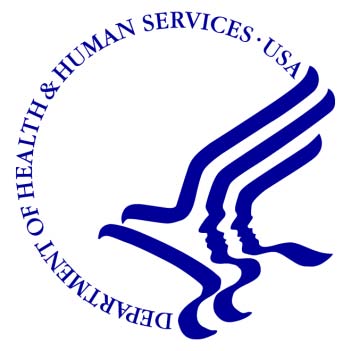Report: Hospital OR Inefficiencies Lead to Staff Burnout, Patient Vulnerability
What You Should Know: – A new report, commissioned by Proximie and informed by nearly 100 operating room (OR) experts across the UK and US, highlights the challenges facing the current OR landscape and offers key strategies for hospitals to maximize OR utilization, improve efficiency, and expand patient access to surgical procedures. – The report ... Read More


What You Should Know:
– A new report, commissioned by Proximie and informed by nearly 100 operating room (OR) experts across the UK and US, highlights the challenges facing the current OR landscape and offers key strategies for hospitals to maximize OR utilization, improve efficiency, and expand patient access to surgical procedures.
– The report emphasizes that inefficiencies in workflows, scheduling, and resource utilization are hindering productivity and negatively impacting patient care.
Challenges in the Current OR Landscape
The report reveals that ORs, while crucial for surgical care and hospital revenue, are plagued by inefficiencies. These inefficiencies contribute to:
- Prolonged waiting times for patients, negatively impacting their health and well-being.
- Significant financial burdens on hospitals, with surgical cancellations costing hospital systems billions of dollars annually.
- Workforce challenges, with OR staff reporting burnout and poor work-life balance due to demanding schedules and administrative burdens.
- Inefficient use of resources and time, with staff spending significant time resolving scheduling conflicts and equipment or staffing issues.
The Cost of Inefficiency:
The report quantifies the financial impact of OR inefficiencies:
- In the US, 7.2 million surgical cancellations each year cost hospital systems an estimated $32.7 billion.
- In the UK, 135,000 on-the-day cancellations cost the NHS £400 million annually, with 80% of those cancellations potentially avoidable.
Despite these challenges, the report offers hope for the future, highlighting the potential of advancements in technology, innovative care models, and smarter strategies to transform surgical care delivery.
5 Key Recommendations for the Future
The report identifies five key recommendations to unlock OR capacity, streamline processes, and increase throughput:
- The Intelligent OR: Leverage ambient real-time data collection through video technology and integrate with advanced AI analytics tools to identify and address efficiency opportunities.
- Smarter Scheduling: Adopt dynamic, data-driven scheduling systems that adjust in real-time based on historical procedure data, surgeon-specific metrics, and patient complexity.
- Standby Lists: Implement standby patient systems to fill gaps caused by last-minute cancellations.
- Holistic, Data-Driven View: Automate communication between departments to better anticipate demand, optimize scheduling, and remove barriers to timely treatment.
- A Culture of Continuous Learning and Performance Improvement: Use innovative training and evaluation techniques, such as video-based case review, to drive better surgical outcomes and workforce development.
Benefits of New Tools and Approaches
The report highlights the potential benefits of embracing these new tools and approaches:
- Improved Efficiency: Optimizing OR time and streamlining processes.
- Enhanced Staff Experience: Reducing workload and burnout.
- Strengthened Hospital Sustainability: Improving financial performance.
- Expanded Access to Care: Enabling hospitals to perform more operations for patients.
- Better Surgical Outcomes: Driving improvements in patient care.











































































































.jpg?#)



































